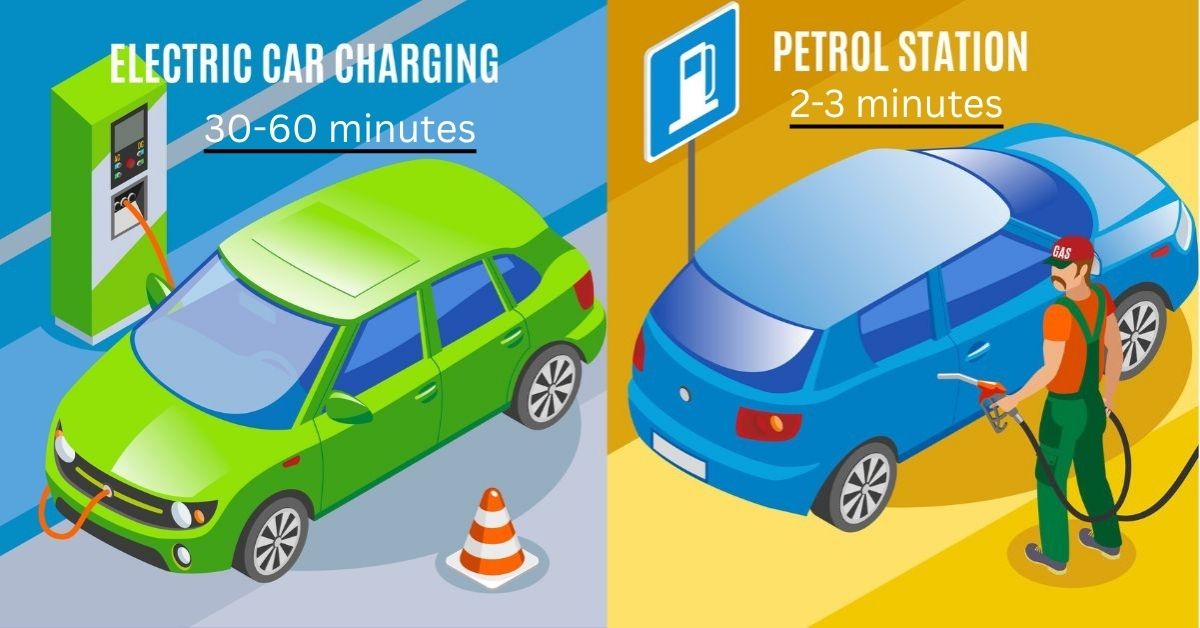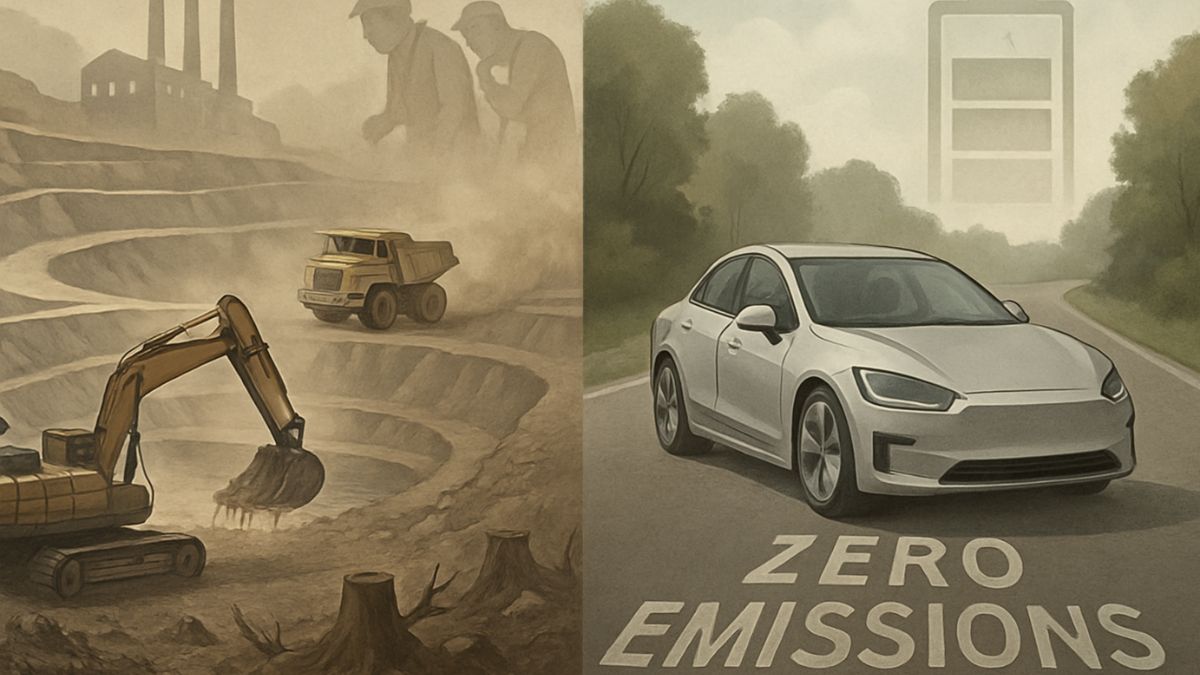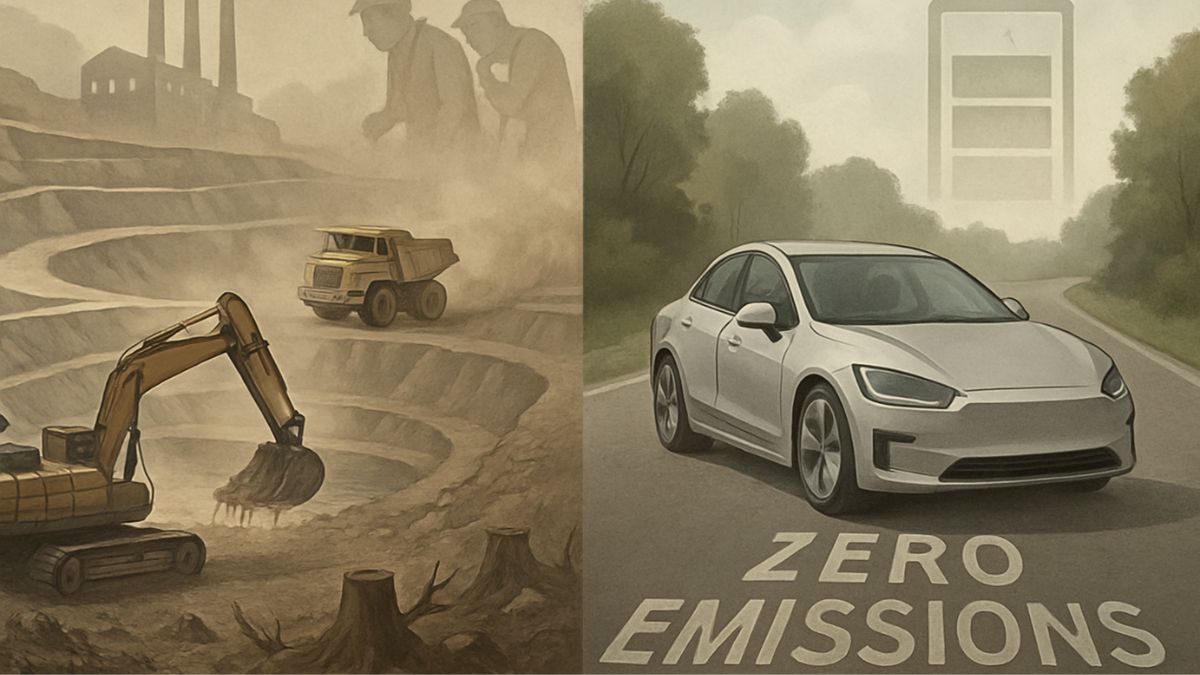Drawbacks of electric cars are something every buyer should be aware of, even though EVs are often praised for being eco-friendly and packed with the latest tech. There are real challenges that can affect your day-to-day experience. From charging issues to long-term costs, these things matter when deciding if an EV is right for you. It’s important to understand these downsides clearly, especially as more people switch to electric. This article will walk you through some of the biggest concerns EV owners face.
High Upfront Cost – A Major Barrier for Many Buyers

One of the biggest challenges for many people when it comes to electric cars is the high upfront cost. The advanced batteries that power EVs are expensive, which makes these cars cost more than similar petrol or diesel models. While you might save money later on fuel and maintenance, the initial price can still be a big turn-off. Even with government discounts or offers, many buyers find EVs too pricey, which makes them harder to afford for a lot of people and slows down their popularity.
Range Anxiety – The Fear of Running Out of Charge
Another common worry with electric cars is “range anxiety“—the fear that your car might run out of battery before you reach your destination or a charging station. Even though EV range has improved a lot, it still usually falls short compared to what a full tank of fuel offers in a regular car. This becomes a bigger issue during long trips or when driving in areas with very few charging stations. EV drivers often have to plan their routes around charging stops, which can take extra time and effort. And since charging stations aren’t as common or reliable as gas stations—especially in rural areas—it’s harder to be spontaneous when you’re behind the wheel of an EV.
Charging Time – Slower Than Filling a Tank

One big downside of electric cars is how long they take to charge. Unlike filling up a petrol tank in just a few minutes, charging an EV can take much longer. Even with fast chargers, you might have to wait 30 to 60 minutes to get a decent charge. Regular home chargers are great for overnight use but can take several hours to fully charge the battery. This can be a real hassle, especially for people who live in apartments or shared buildings without home charging access. Depending on public charging stations can interrupt your routine and change how you think about refueling a car.
Environmental Concerns – The Hidden Impact of EV Batteries

While electric vehicles are known for being cleaner on the road, the process of making their batteries tells a different story. EV batteries need rare metals like lithium, cobalt, and nickel. Mining these materials can damage the environment by destroying habitats, polluting water sources, and using large amounts of energy. These environmental effects are often overlooked but play a big role in the overall impact of electric cars.
Another serious issue is where and how these materials are sourced. In some regions, mining conditions are unsafe, and workers face poor treatment and human rights violations. So, even though EVs don’t release harmful emissions while driving, their entire life cycle—from mining to production to disposal—still affects the planet. Experts are continuing to find better, more ethical ways to reduce these impacts as EV technology evolves.
Battery Life and Replacement Costs – A Long-Term Worry

One important thing to keep in mind with electric cars is the battery’s lifespan and how costly it can be to replace. While most brands offer warranties for around 8 years or 100,000 miles, the battery slowly loses capacity over time, which reduces the driving range. After the warranty ends, replacing the battery can cost thousands of dollars—often making up a large portion of the car’s total value. This makes long-term ownership more unpredictable and can be a serious concern for many buyers.
Limited Repair Options – Finding Help Isn’t Always Easy
Lastly, one more challenge with electric cars is that the repair and service network is still growing. Unlike regular cars, there aren’t as many mechanics or workshops trained to work on electric motors and high-voltage systems. This means it can be harder—and sometimes more expensive—to get repairs done. While this will likely improve as EVs become more common, it’s something current and future owners need to think about right now.

